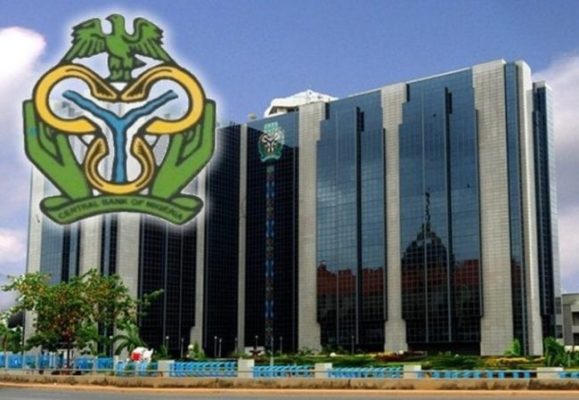The Central Bank of Nigeria (CBN) has directed all Domestic Systemically Important Banks (DSIBs) in the country to obtain regulatory approval for the appointment of successors to their Managing Directors or Chief Executive Officers at least six months before the expiration of the incumbent’s tenure.
According to the apex bank, the new directive is aimed at strengthening leadership continuity in Nigeria’s most influential banks and preventing governance lapses that could disrupt financial stability. The policy, which takes immediate effect, also mandates banks to publicly announce the approved successor at least three months before the outgoing MD/CEO officially leaves office.
This directive builds on the CBN’s Corporate Governance Guidelines of 2023, which require banks to develop and maintain robust succession plans for their managing directors, executive directors, and senior management staff. By enforcing a clear timeline for succession, the CBN intends to mitigate leadership vacuums in DSIBs, which it defines as banks whose size, market share, and interconnectedness make them critical to the smooth functioning of Nigeria’s financial system.
“Given the systemic importance of these institutions, any leadership uncertainty could pose risks to financial stability. The six-month approval window ensures proper vetting and regulatory oversight before transitions are made public,” the CBN stated.
The directive comes at a time of increasing focus on corporate governance across Nigeria’s financial sector. Analysts note that leadership disruptions in DSIBs often have far-reaching ripple effects, making advanced planning and regulatory scrutiny crucial.
Recently, Access Holdings Plc exemplified this process when it announced the appointment of Innocent Ike as its substantive Group Managing Director/Chief Executive Officer, effective August 29, 2025, following the receipt of regulatory clearance.
With this new measure, the CBN is reinforcing its oversight role to ensure that Nigeria’s top banks maintain stability, transparency, and accountability in leadership transitions, while also assuring investors and customers of business continuity.


